Earth
Sign up for our newsletter
We summarize the week's scientific breakthroughs every Thursday.
-
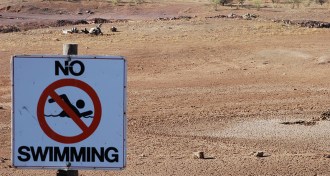 Climate
ClimateWarming’s role in extreme weather quantified
Scientists calculate how much to blame human-driven climate change for extreme high temperatures and heavy rainfall.
By Beth Mole -
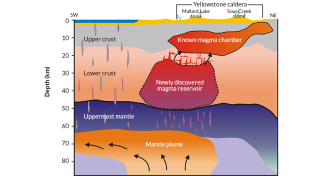 Earth
EarthMassive magma pool found deep below Yellowstone
Earthquake waves reveal massive magma reservoir deep inside the Yellowstone supervolcano.
-
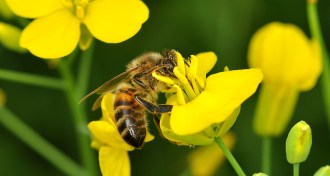 Animals
AnimalsBees may like neonicotinoids, but some may be harmed
Two high-profile tests raise worries that bees can’t avoid neonicotinoid pesticides and that wild species are at special risk.
By Susan Milius -
 Space
SpaceDriving Curiosity to discovery
Discovery is driven by curiosity, on Mars and closer to home.
By Eva Emerson -

-
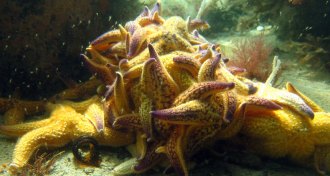 Animals
AnimalsGrowth of mining on land may promote invasions at sea
Ballast water taken in to keep ships stable could, when discharged elsewhere, release species that become invasive in their new homes.
-
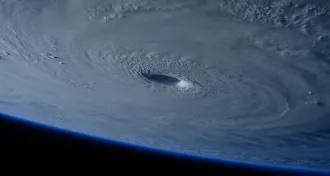 Climate
ClimateMonster storm dominates view from space station
A stunning photograph from the International Space Station captures the size and power of Typhoon Maysak, which clamored through the Western Pacific.
-
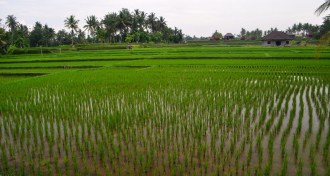 Environment
EnvironmentNatural acids in soil could protect rice from toxic nanoparticles
A common component of dirt makes toxic copper oxide nanoparticles less harmful to rice plants.
By Beth Mole -
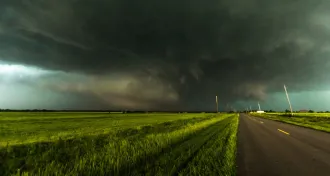 Climate
ClimateThe greatest natural disaster that almost was
The public’s response to the widest tornado ever recorded suggests earlier warnings need to be done right.
-
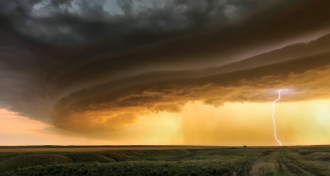 Climate
ClimateWeather forecasting is getting a high-speed makeover
Meteorologists are throwing new technology at the problem of weather forecasting to provide faster and more precise predictions of the coming weather.
-
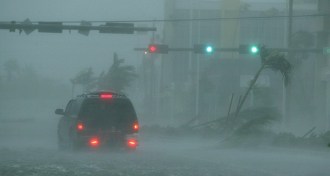 Climate
ClimateOnshore hurricanes in a slump
No major hurricanes have made landfall in the United States for over nine years. That’s a rare occurrence, new research shows.
-
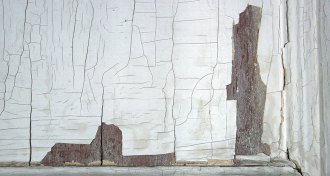 Environment
EnvironmentLow levels of lead linked to lower test scores in children
A large study in grade-school children finds that even low blood levels of lead may be associated with poor school performance.
By Beth Mole